Income inequalities and middle class squeeze
Income inequalities have increased between and within Member States, largely due to growing unemployment levels during the economic crisis.
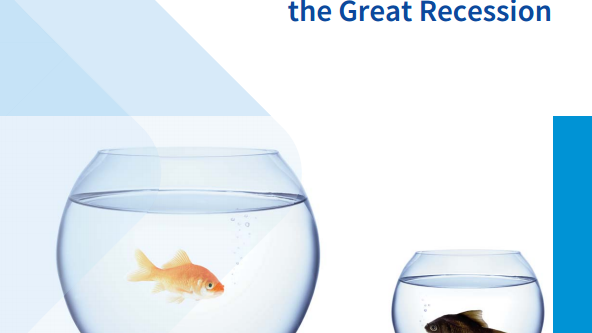
Income inequalities have increased between and within Member States, largely due to growing unemployment levels during the economic crisis.

In this blog piece, originally posted on Social Europe, Eurofound researchers Carlos Vacas-Soriano and Enrique-Fernández-Macías look at the development of income inequalities in Europe since the Great Recession.
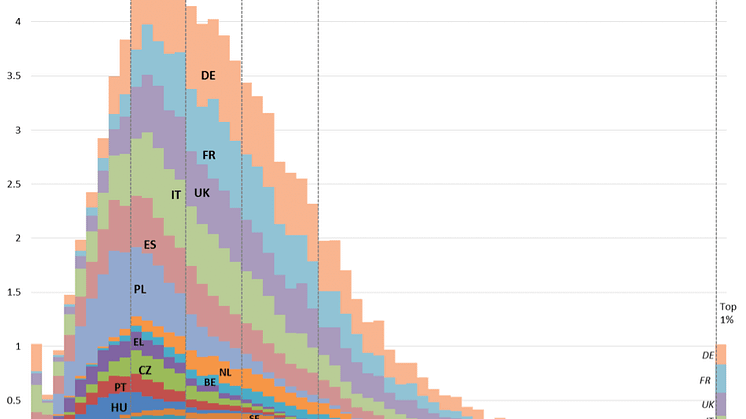
Income inequalities have increased in around two-thirds of EU Member States largely due to growing unemployment levels since the onset of the crisis. At the same time EU-wide income inequality also increased as income convergence between European countries stalled.

On the occasion of International Women's Day, Eurofound Senior Research Manager Massimiliano Mascherini looks at the impact of the gender employment gap on Europe.

The growth in average (nominal) pay of employees has accelerated in recent years in EU countries after a slump following the economic crisis (AMECO data). Similar developments show up in data on collectively agreed wages. However, higher wage growth figures do not automatically mean that all employees benefit equally

The expanding use of digital technologies such as smartphones, tablets, laptops and desktop computers for work for home and elsewhere is rapidly transforming the traditional model of work. It can improve work-life balance, reduce commuting time, and boost productivity, but it can also potentially result in longer working hours, higher work intensity and work-home interference.

The International Labour Organization (ILO) will launch a joint report with Eurofound entitled Working anytime, anywhere: The effects on the world of work, on Wednesday 15 February.
At a time when the use of digital technology is constantly growing, the new research highlights opportunities and challenges of expanding telework. It synthesises research carried out by both organisations in 15 cou

The growth in the level of minimum wages accelerated in the period between January 2016 and January 2017, with the largest increases in newer EU Member States. This continues a trend of slow convergence between minimum wage levels in Europe - however there is still a long way to go, with minimum wage workers in Luxembourg making eight and a half times as much as minimum wage workers in Bulgaria. T

Dr Erika Mezger, Eurofound's Deputy Director, outlines that European Working Conditions Survey EWCS says about working conditions among German workers and how they compare to those of the rest of Europe.
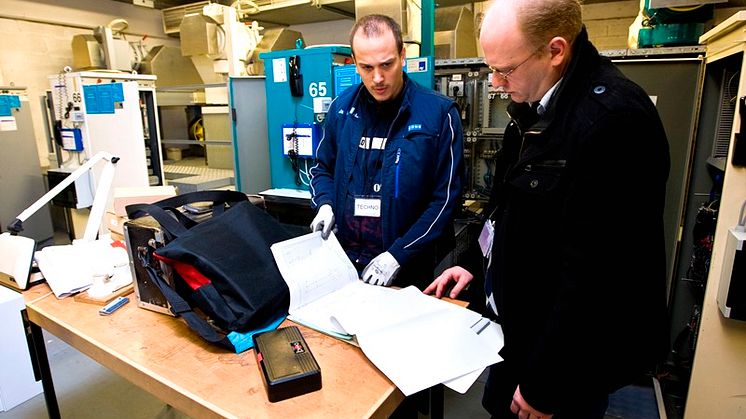
Mid-career reviews (MCR), where employers organise an assessment of workers in the workplace at a mid-point in their working life, are an important tool to ensure that workers' skills continue to match the job demands, or whether a change in tasks or career is required. Eurofound's new report Changing places: Mid-career review and internal mobility, launched in Brussels today, shows that timely mi
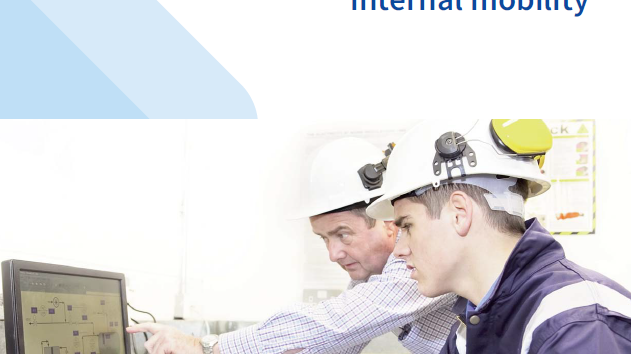
Eurofound has launched its new work programme for 2017 to 2020. This document sets out the activities the Agency plans to undertake in the next four years to support European decision-makers in formulating effective policies for the improvement of quality of life and work in a fair and competitive Europe during this challenging period.
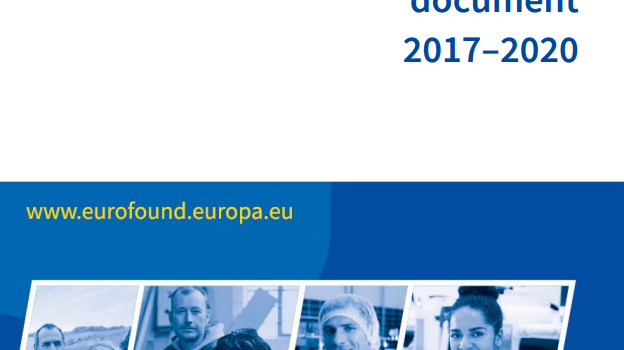
Making work sustainable is not simply a challenge for politicians and policymakers in the European Union: it is a fundamental issue that underpins the future of the world of work in Europe. It goes beyond the mantra of raising employment rates and deals with productivity and innovation – and the everyday lives of workers throughout the EU.

Eurofound’s new report takes forward existing research on the labour market integration of refugees (those with the officially recognised status of international protection) and asylum seekers (those who have applied for international protection and are awaiting a decision). The report provides updated information on legislation and practical arrangements in the first half of 2016, examines labour
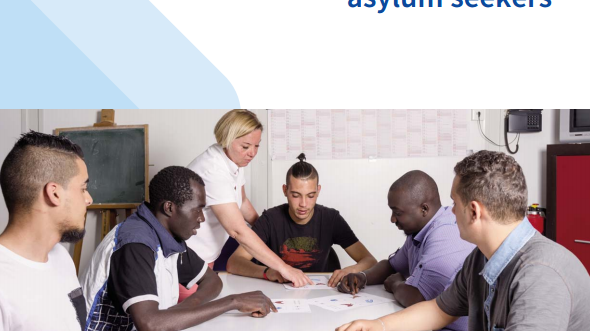
Two new studies presented today during the EU Agencies Forum at the European Parliament highlight the vast contribution of the 45 EU Agencies and Joint Undertakings to the economic and political development of the European Union

On 17 November, Eurofound launched the overview report of its sixth European Working Conditions Survey (EWCS) at a day-long conference in the European Parliament.
Since 1991, Eurofound has been using the survey to monitor working conditions in Europe. The report explores the findings of interviews with almost 44,000 workers in 35 European countries. It analyses the data using seven dimensions o

And even in the confused and contentious context of the new US President-elect as well as the EU’s post- Brexit deliberations, it is hard to argue otherwise.
But, while having a job in the first place is clearly of paramount importance to people - and society at large – there is also a more sophisticated issue at play with wider ramifications for the world of work and life today: the quality of

Come see how EU Agencies work and what they deliver to the EU at the EU Agencies Forum in the European Parliament on 6 – 7 December 2016
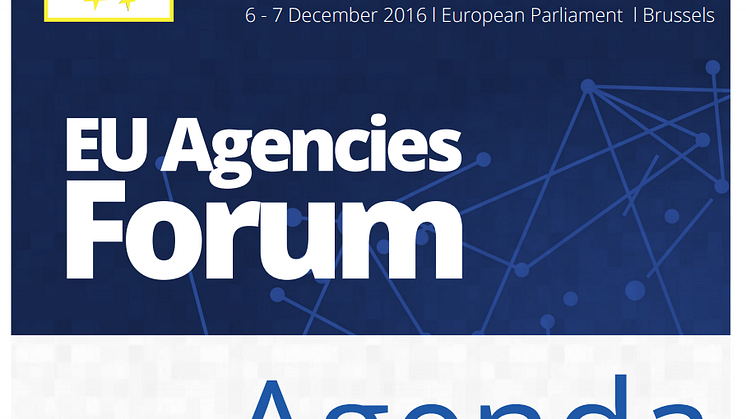
The overview report of the pan-European sixth European Working Conditions Survey #6EWCS is launched today 17 November 2016

In the following blog piece, Eurofound researchers Massimiliano Mascherini and Martina Bisello look in-depth at The Gender Employment Gap: Challenges and solutions report, and the collective responsibility to ensure that everyone in Europe has the freedom to participate in the labour market.

Eurofound launches the overview report of its 6th European Working Conditions Survey (6th EWCS) at a joint event with the European Parliament in Brussels, Belgium, on 17 November 2016. Join the debate on Twitter at #6EWCS
